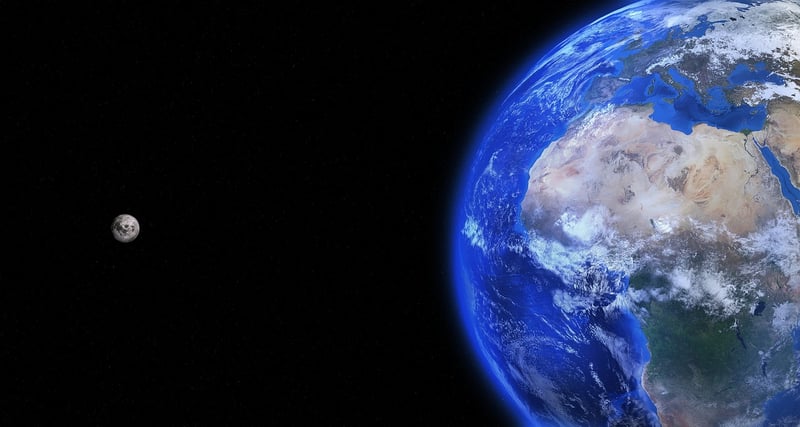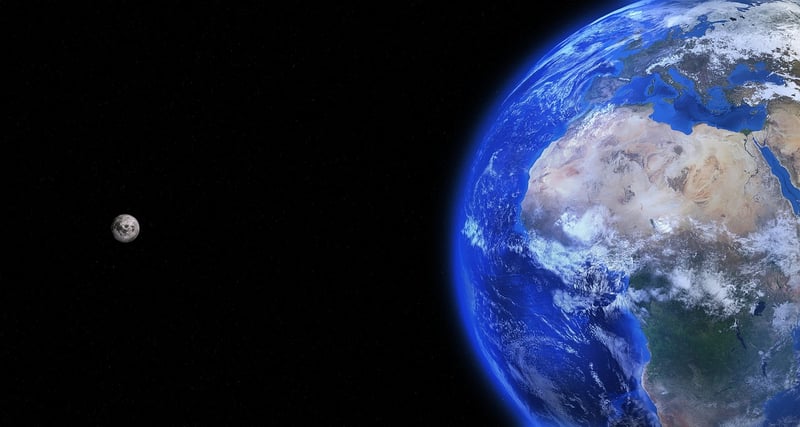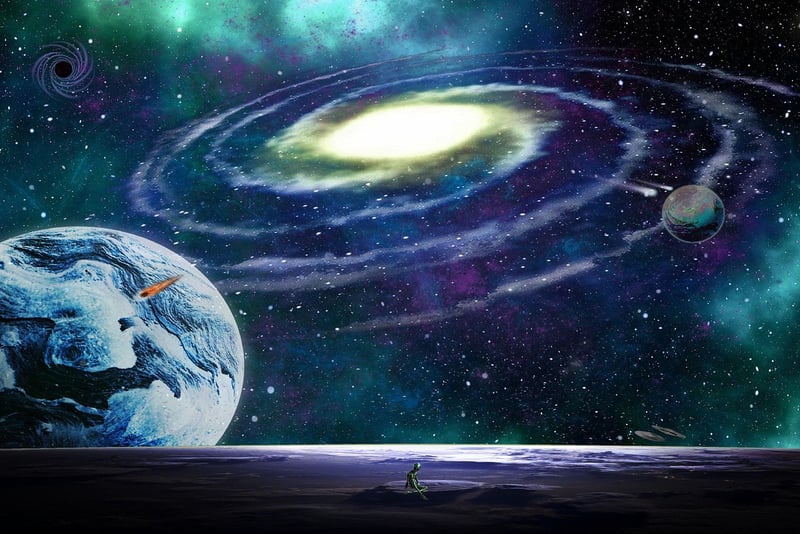Asteroid Excursions
Discovering the Wonders of Interstellar Travel and Asteroid Excursions
Interstellar Locations
Interstellar travel opens up a realm of possibilities for adventurous souls seeking to explore the vastness of space. From distant stars to exotic planets, the universe offers a myriad of fascinating locations waiting to be discovered.
1. Trappist-1 System
Located approximately 39 light-years away from Earth, the Trappist-1 system is a captivating destination with seven Earth-sized planets orbiting a cool, red dwarf star. Scientists believe that some of these planets could potentially harbor life, making it a prime location for future exploration.

2. Proxima Centauri b
Proxima Centauri b is an exoplanet orbiting the nearest star to our solar system, Proxima Centauri. Despite being in the habitable zone, the planet faces intense stellar radiation, posing challenges for potential colonization. However, its proximity to Earth makes it an attractive destination for interstellar missions.

Asteroid Excursions
Asteroids, the remnants of the early solar system, provide a unique opportunity for space enthusiasts to delve into the history of our cosmic neighborhood. These rocky bodies offer insights into planetary formation and hold valuable resources that could fuel future space exploration endeavors.
1. Psyche Asteroid
Psyche is an asteroid located in the asteroid belt between Mars and Jupiter. What makes Psyche unique is its composition, primarily consisting of metal, including iron and nickel. Scientists believe that Psyche could be the exposed core of a protoplanet, offering a glimpse into the inner workings of planetary formation.

2. Bennu Asteroid
Bennu is a carbonaceous asteroid that gained significant attention due to NASA's OSIRIS-REx mission, which successfully collected a sample from its surface. Studying Bennu provides valuable insights into the early solar system's organic chemistry and could help unravel the mysteries of life's origins.

